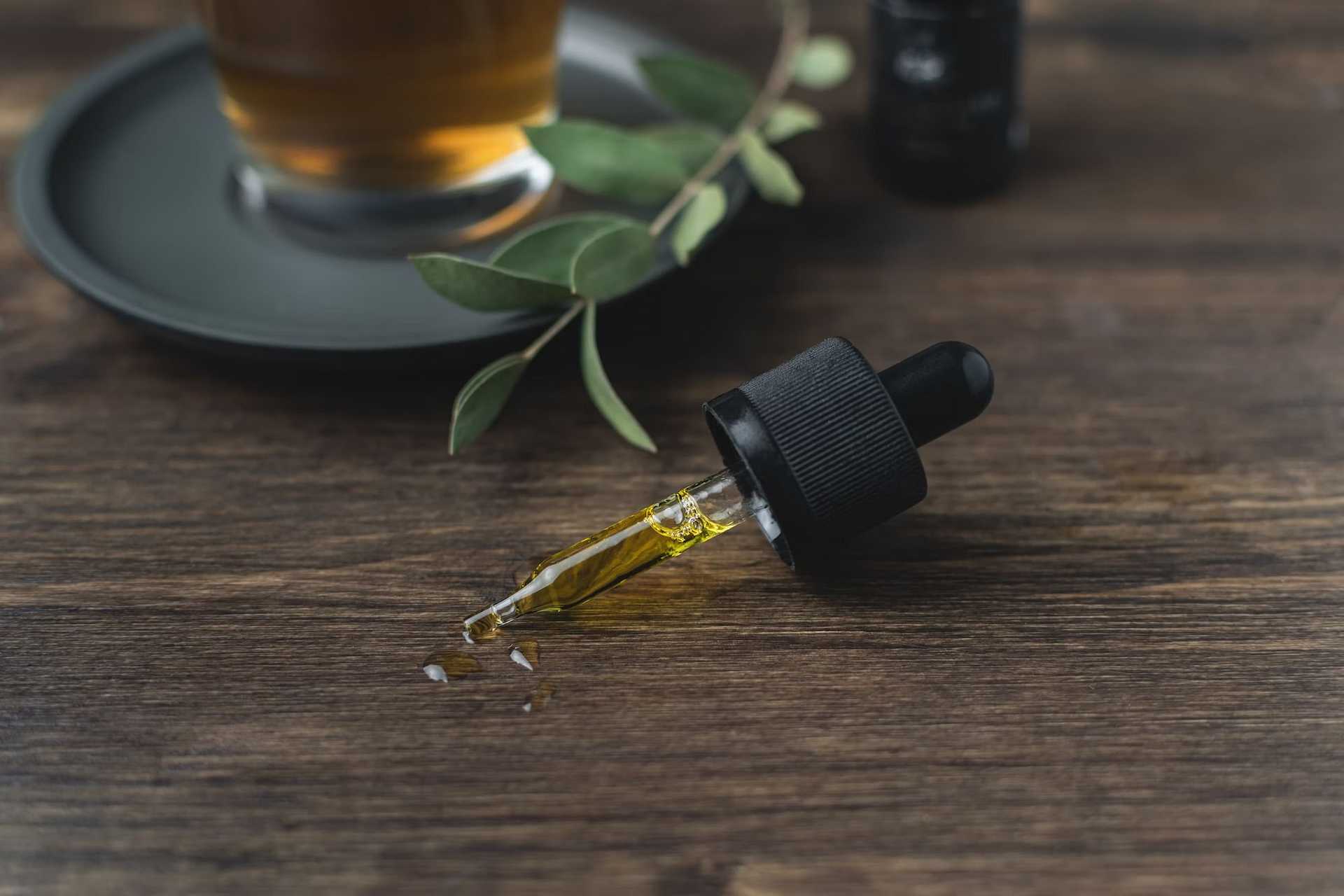In the rapidly evolving world of cannabis and its various products, two compounds have gained significant attention: CBD and THC. Whether you're a seasoned cannabis enthusiast or a newcomer exploring the potential benefits, understanding the fundamental differences between CBD (cannabidiol) and THC (tetrahydrocannabinol) is crucial. In this comprehensive guide, we'll explore the distinctions, similarities, and the unique characteristics of these two prominent cannabinoids.
What Are CBD and THC?
CBD (Cannabidiol) CBD is a non-psychoactive compound found in cannabis plants, including hemp and marijuana. Unlike THC, CBD does not induce the "high" associated with cannabis use. It has gained popularity for its potential therapeutic benefits, making it a sought-after option for various wellness and medical applications.
THC (Tetrahydrocannabinol) THC is the psychoactive compound responsible for the intoxicating effects of marijuana. When you consume THC, it interacts with the brain's cannabinoid receptors, leading to alterations in perception, mood, and consciousness. This psychoactive effect is what recreational users seek in marijuana.
The Legal Status
Understanding the legal status of CBD and THC is essential, as it varies depending on your location and the source of the compounds.
CBD Legal Status In many parts of the world, CBD sourced from industrial hemp (containing less than 0.3% THC) is legal. This includes the United States, where the 2018 Farm Bill legalized the production and sale of hemp-derived CBD products. However, specific regulations can vary by state, so it's essential to be aware of local laws.
THC Legal Status THC's legal status largely depends on your location and the form in which it is consumed. In some U.S. states, recreational and medical marijuana use is legal, allowing individuals to use THC-containing products legally. However, in states where marijuana is not legal, THC use remains prohibited.
The Key Differences
Now, let's delve into the primary differences between CBD and THC:
- Psychoactive Effects CBD: Does not produce any psychoactive effects and will not make you feel "high." THC: Produces psychoactive effects, altering your perception and mood.
- Medicinal Potential CBD: Known for its potential therapeutic benefits, such as pain relief, anxiety reduction, and anti-inflammatory properties. THC: Also offers medical benefits, including pain relief, nausea control, and appetite stimulation, but with psychoactive effects that may not be suitable for everyone.
- Legal Status CBD: Legal in many parts of the world when derived from industrial hemp. THC: Legal for medical and/or recreational use in some regions but prohibited in others.
- Side Effects CBD: Generally well-tolerated with minimal side effects, which may include drowsiness or changes in appetite. THC: May lead to side effects such as anxiety, paranoia, dry mouth, and impaired coordination.
- Drug Testing CBD: Typically does not result in a positive drug test, especially when using products that contain only trace amounts of THC. THC: Can lead to a positive drug test, so individuals in occupations requiring drug testing should exercise caution.
The Potential Synergy: The Entourage Effect
One intriguing concept in the world of cannabis is the entourage effect, which suggests that CBD and THC, along with other cannabinoids and terpenes, may work synergistically to enhance each other's effects. Some users prefer full-spectrum CBD products that contain trace amounts of THC, believing that the combination provides a more comprehensive range of benefits.
Choosing the Right Compound for You
The choice between CBD and THC largely depends on your individual needs, preferences, and any legal restrictions in your area. Here are some considerations to help you make an informed decision:
- Desired Effects If you seek the potential therapeutic benefits of cannabis without the high, CBD may be your preferred choice. If you're looking for the psychoactive experience, THC-containing products may be more suitable.
- Legal Restrictions Be aware of the legal status of CBD and THC in your region to avoid any legal issues.
- Medical Conditions Consult with a healthcare professional to determine whether CBD, THC, or a combination may be most beneficial for your specific medical condition.
- Sensitivity to Psychoactive Effects Some individuals are more sensitive to THC's psychoactive effects and may prefer CBD or low-THC options.
Final Thoughts
In the ongoing debate of CBD vs. THC, both compounds have their merits and applications. CBD offers a non-intoxicating path to potential wellness benefits, while THC provides recreational users with a psychoactive experience. Ultimately, your choice should align with your goals, lifestyle, and any legal considerations.
When selecting CBD or THC products, ensure that you source them from reputable suppliers who provide lab-tested and accurately labeled products. Whether you choose one or both, always consume responsibly and within the boundaries of the law in your area.

